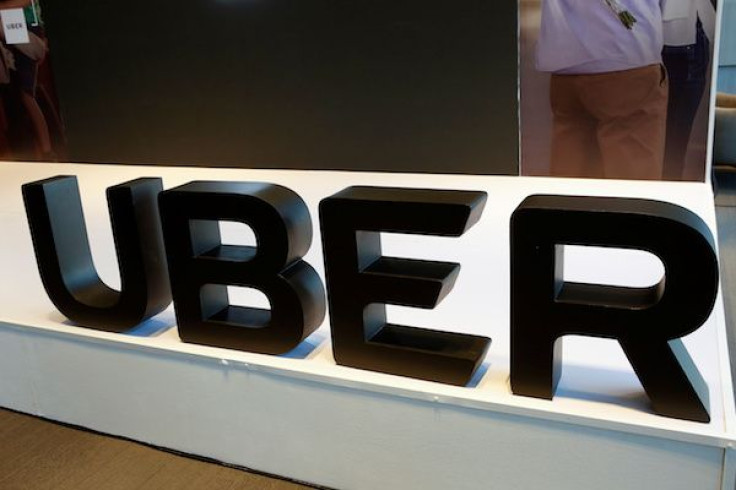Uber Suspends Arizona Self-Driving Operations Months After Autonomous Car Struck, Killed Woman

Uber has decided to suspend its self-driving car program in Arizona two months after one of its autonomous vehicles struck and killed a female pedestrian.
In an internal memo obtained by the Wall Street Journal Wednesday, Uber relayed its decision to halt its self-driving technology testing program in the state in light of the accident that took the life of a 49-year-old woman this past March.
Uber stated that it still wants to push through with the program in Arizona, but it will focus on conducting a “top-to-bottom safety review” for now. It also maintained that the program will resume in the future. “We’re committed to self-driving technology, and we look forward to returning to public roads in the near future,” Uber said in the memo.
Uber was previously testing its self-driving technology in California. However, Arizona governor Doug Ducey urged the company to move the program to the state in 2016. After the fatal accident however, Ducey was the one who first ordered for the suspension of the program.
The accident happened on March 18. Authorities said a self-driving Uber vehicle that was headed northbound struck a woman, identified as Elaine Herzberg, who was passing a crosswalk early morning. Herzberg was rushed to a hospital, but she was declared dead from the injuries she obtained from the crash.
Tempe Police told local TV station ABC 15 back then that there was a vehicle operator inside the Uber car at the time of the accident, but there were no passengers. Following the crash, Uber released a statement saying, “Our hearts go out to the victim’s family. We are fully cooperating with local authorities in their investigation of this incident.”
Uber then paused its self-driving operations in Phoenix, Pittsburgh, San Francisco and Toronto as a standard move. Now that the ride-sharing company has stopped its autonomous operations in Arizona, it is more focused on its autonomous driving programs in the other three cities.
Aside from Uber, Apple, General Motors, Tesla and Waymo — a corporate sibling of Google — are working to compete in the autonomous driving vehicle space, according to AppleInsider.
© Copyright IBTimes 2024. All rights reserved.











